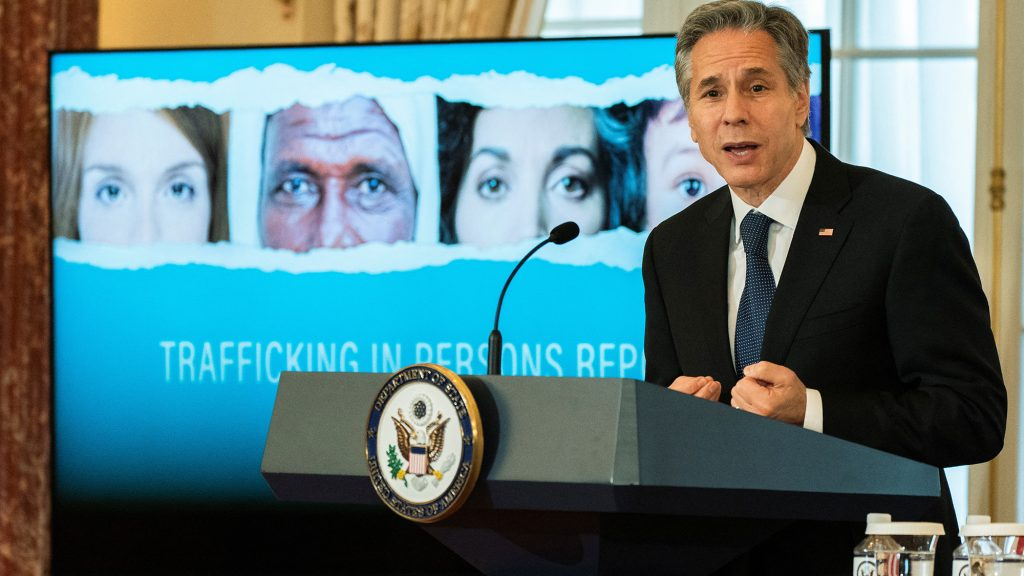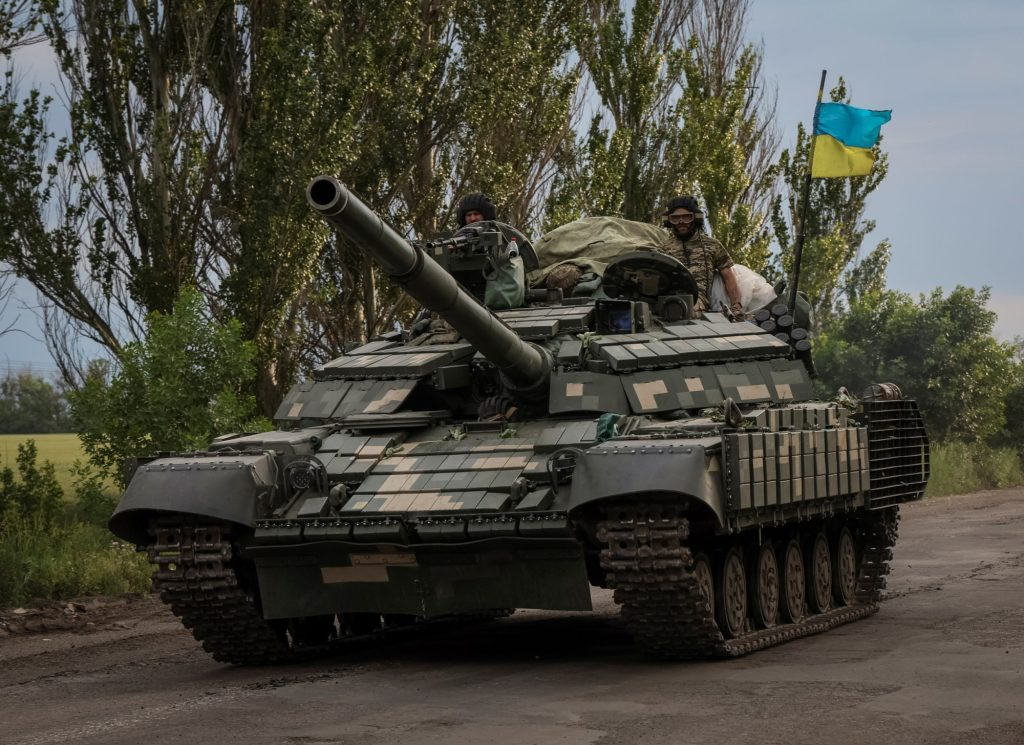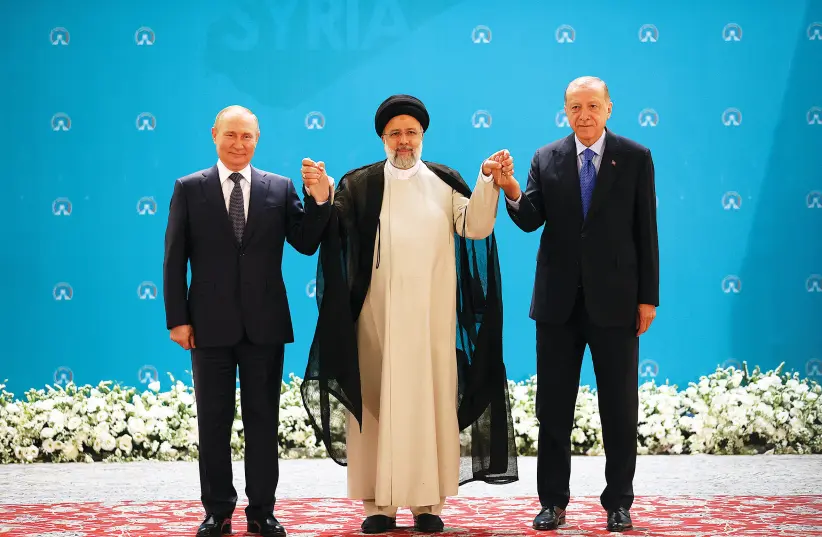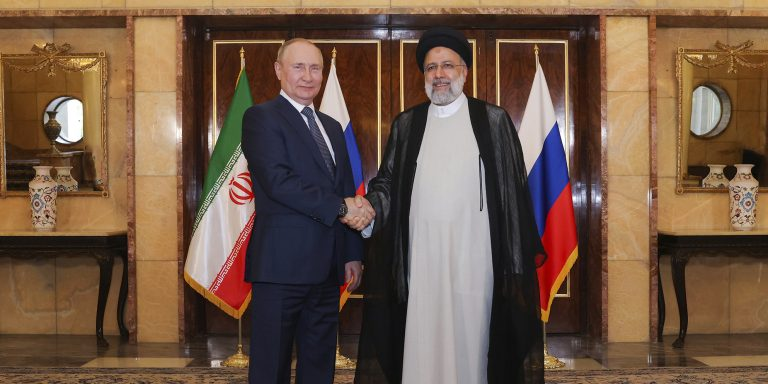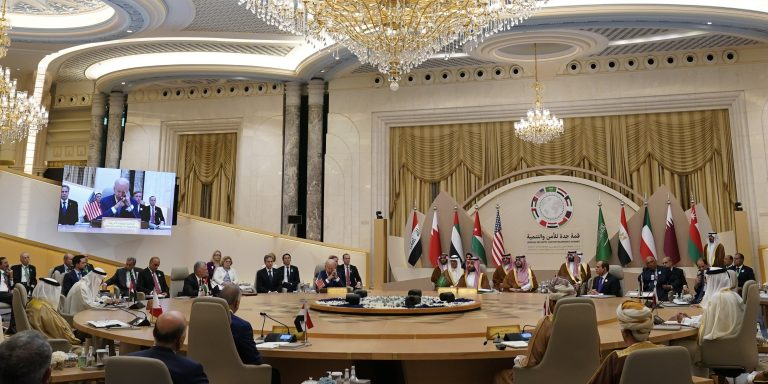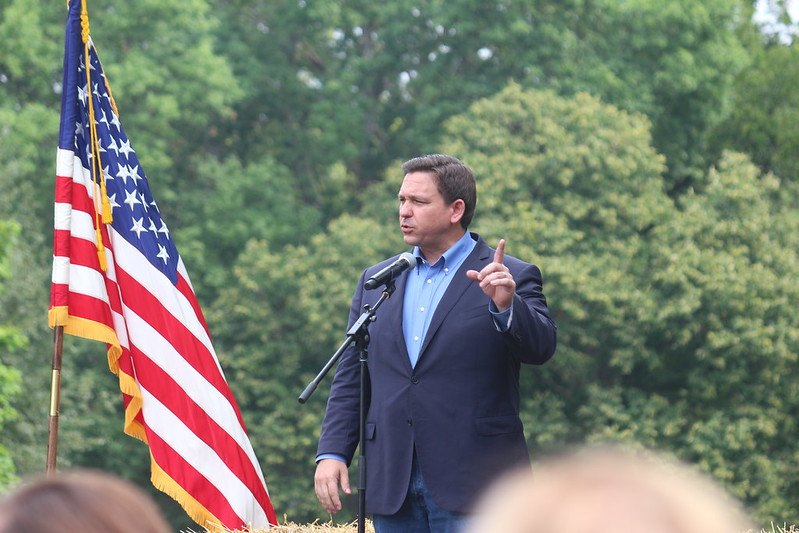Rule of law, transparency, accountability and citizenship rights are fundamental pillars of constitutional democracy. These pillars are eroding rapidly. The democratic cultures based on equality, liberty, justice, reason, science, secularism, tolerance and mutual respect for dissenting and diverse opinions are declining across the globe. The corporatisation of electoral campaigns, market command over political parties, corporate control over political processes and policies are mortal threat to the citizenship rights and democratic polity. The capitalist assault on democratic governance is creating conditions of political, economic, social and cultural crises, and giving rise to reactionary forces. Major democracies in Europe, Americas, Asia, Africa and Oceania are facing the crisis of legitimacy and citizens are losing trust over their own states and governments.
